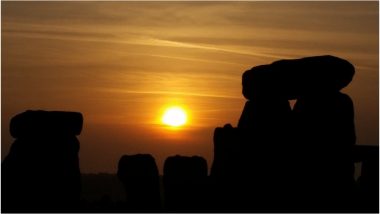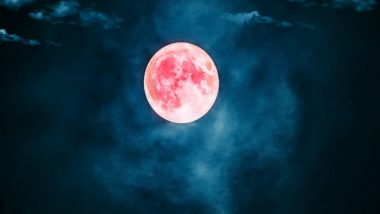The summer solstice sunrise marks the longest day of the year in the Northern Hemisphere while those living in the Southern Hemisphere will experience the opposite. Summer solstice occurs on June 21 every year when the sun is directly above the Tropic of Cancer. It’s decided based on the sun’s tilt towards the sun, approximately 23.5 degrees. That means that different parts of the earth receive different amount of sunlight through the year, resulting in seasons and solstices.
The summer solstice is the longest day of the year. Winter solstice is on December 21 and is the shortest day of the year when the sun is directly above the Tropic of Capricorn. The summer solstice is often associated with change, nature and new beginnings, as the days start getting shorter and nights longer.
In the UK, you can expect the sun to rise on June 21 at 4:43am and sun to set at 9:22 pm, which means there will be a total of 16 hours and 39 minutes of sunlight during this year’s summer solstice. But that many hours of sunlight do not mean it is going to be the hottest day of the year. After the solstice, we begin losing seconds and then minutes of daylight until the weather solstice and the pattern reverses.
Solstice comes from two Latin words – sol, meaning Sun and sistere, meaning to come to a stop or stand still, translating to ‘sun standing still’. Astronomers and scientists will use the summer solstice to mark the first day of summer. Stonehenge, a prehistoric monument in Wiltshire, is used by historians to try to explain that ancient humans used the June solstice to mark and align their calendar. Theories suggest that the builders of Stonehenge used the solstice as a starting-point to count the days of the year.
Those who are inside the Arctic Circle, which includes northern parts of Alaska, Canada, Greenland, Norway, Sweden, Finland and Russia, they can party all day with no sign of night as the region will experience a period of 24 hours of sunlight. On the flip side those inside the Antarctic circle, which includes just Antarctica, will experience 24 hours of darkness during the June solstice.
(The above story first appeared on LatestLY on Jun 20, 2018 09:07 PM IST. For more news and updates on politics, world, sports, entertainment and lifestyle, log on to our website latestly.com).













 Quickly
Quickly




















